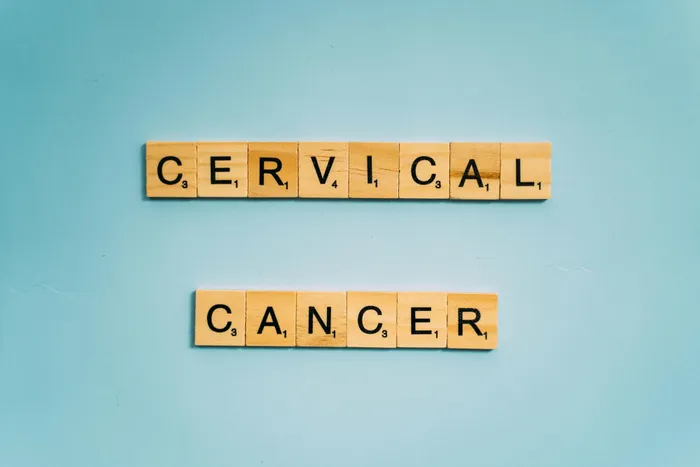US funding cuts shut down major cervical cancer screening unit in Joburg

Cervical cancer treatment.
Image: Pexels
This week, a significant turning point for women's health in South Africa has emerged as the Clinical HIV Research Unit (CHRU) in Johannesburg announced the closure of its Cervical Cancer Screening and Prevention Clinic.
The decision, attributed to the termination of crucial US funding, marks the end of a vital resource in a nation grappling with one of the highest cervical cancer rates globally.
Cervical cancer is the second most common cancer affecting women in South Africa, trailing only breast cancer, and tragically remains the leading cause of cancer-related deaths.
The World Health Organization (WHO) reports around 6,000 new cases of cervical cancer annually, with close to 3,000 fatalities, underscoring the urgent need for preventive measures.
Timely screening and early detection are essential in combating this disease; however, the recent closure of the screening unit at Helen Joseph Hospital creates a significant void in available medical services, impacting not only the clinic but various surrounding health facilities.
Dr Mark Faesen, Specialist Gynaecologist and Fertility Specialist at CHRU, said for over two decades, the colposcopy clinic has been a lifeline for surrounding clinics, with a referral base from clinics as far as Springs, Randburg, Bellavista, Soweto, Roodepoort, and Hillbrow.
"We’ve managed a waiting time of just 2-3 weeks, but now, these same clinics will face months of delays, and women will inevitably be turned away.”
A colposcopy is a medical procedure used to closely examine the cervix for abnormalities following an abnormal pap smear.
Timely screening and early detection are essential in combating this disease; however, the recent closure of the screening unit at Helen Joseph Hospital creates a significant void in available medical services, impacting not only the clinic but various surrounding health facilities.
Dr Mark Faesen, Specialist Gynaecologist and Fertility Specialist at CHRU, said for over two decades, the colposcopy clinic has been a lifeline for surrounding clinics, with a referral base from clinics as far as Springs, Randburg, Bellavista, Soweto, Roodepoort, and Hillbrow.
"We’ve managed a waiting time of just 2-3 weeks, but now, these same clinics will face months of delays, and women will inevitably be turned away.”
A colposcopy is a medical procedure used to closely examine the cervix for abnormalities following an abnormal pap smear.
Dr Faesen said that local clinics such as Charlotte Maxeke, Rahima Moosa, and Baragwanath are already overwhelmed with patient volumes.
“Many patients are turned away at Charlotte Maxeke Hospital and come to us. Rahima Moosa currently has a waiting list of about one to two months for colposcopy appointments, and we were alleviating some of that burden,” he added.
The ramifications of the screening unit’s closure will ripple through these overcrowded facilities, further straining an already burdened health system and jeopardising the care of women at risk of cervical cancer.
The importance of regular cervical cancer screening cannot be overstated. Cervical cancer is largely preventable with regular screening methodologies, such as pap smears and HPV testing, which can detect early changes in the cervix that might lead to cancer.
Early-stage cervical cancer is highly treatable, boasting a much higher survival rate; yet, the lack of access to screening services risks delaying diagnoses until it is too late for many women.
In light of this critical situation, Dr Faesen has made an urgent appeal for alternative funding to keep the cervical cancer screening clinic operational.
“We’ve seen more than 1,200 patients in the last three years, and now these patients will be added to the already overburdened systems at other hospitals, such as Rahima Moosa and Baragwanath. The closure of this service could indeed lead to deaths, and we can’t afford to let that happen,” he said.
IOL